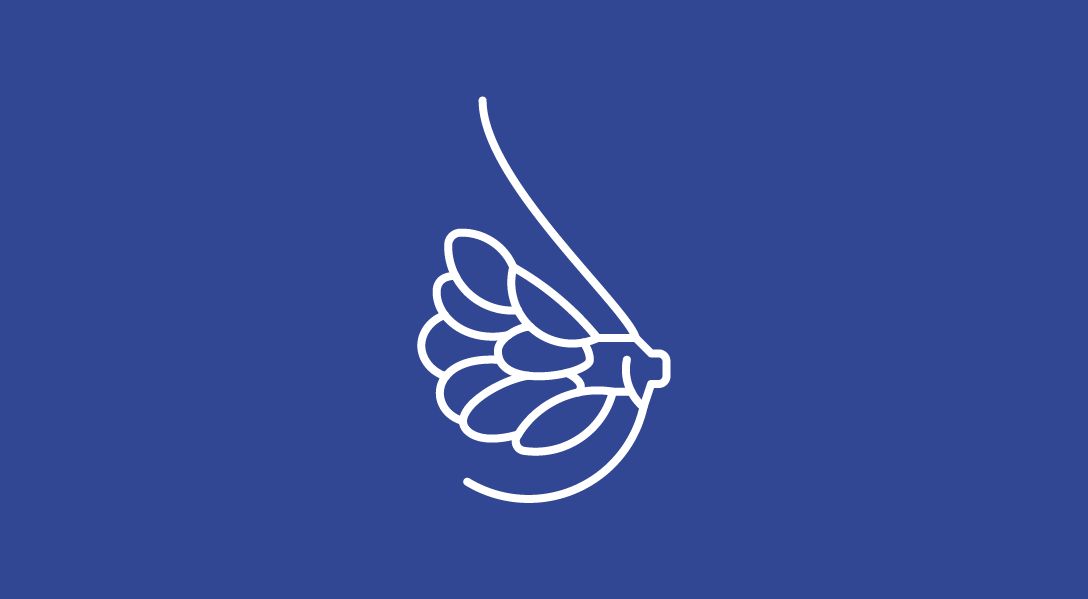Can AI Help Reduce Costs With Sentinel Lymph Node Detection in Breast Cancer?
Findings presented at the 2023 San Antonio Breast Cancer Symposium described some possible avenues for artificial intelligence to be useful in breast cancer care.
Can AI Help Reduce Costs With Sentinel Lymph Node Detection in Breast Cancer?

Using artificial intelligence (AI) to detect sentinel lymph nodes (SNs) may be a safe and cost-effective way to reduce the use of immunohistochemistry (IHC) use among patients with breast cancer, according to results from the CONFIDENT-B trial presented at the 2023 San Antonio Breast Cancer Symposium.
The trial found a significantly lower risk of IHC use to detect SN metastases when AI was used (adjusted risk ratio, 0.680; 95% CI, 0.347-0.878). The involvement of AI led to a reduction in the use of IHC in positive SNs by 32%.
“Implementation of AI-assistance for breast cancer [SN]-assessment is safe—patients are not at risk of an inferior diagnosis,” lead study author Carmen van Dooijeweert, MD, PhD, a clinical epidemiologist from UMC Utrecht in the Netherlands, said during the presentation. “It leads to a significant reduction of IHC use and subsequent costs, it leads to a significant time-reduction for pathologists, and it makes their work more enjoyable.”
The investigators on the trial aimed to determine if an AI workflow could reduce IHC costs and maintain the standards under which they were working. A total of 190 SN samples were included in this analysis, with 90 in the control arm and 100 in the intervention arm. Of the available CN samples, 59 (31.1%) were detected to have metastases.
The pathologist's performance was analyzed, with the sensitivity increasing from 0% to 27.3% for isolated tumor cells. For micrometastases, there was an increase in sensitivity from 50% to 80%. Additionally, sensitivity increased from 92.3% to 100% for macrometastases. The negative predictive value of pathologists saw an increase from 78.9% to 88.2%.
This trial saw a reduction of subsequent IHC costs by $3200 (€3000). In a potential future scenario involving the use of the AI algorithm, there was a predicted cost decrease of €1500 to €3000 per 100 SN samples. In another future scenario, the predicted cost reduction ranged from €7500 to €12,500 per 100 SNs.
The workflow for pathologists was also analyzed. There was a significant reduction in time in the intervention arm with an analysis of 3 minutes and 45 seconds per sample vs 6 minutes and 4 seconds in the control arm.
“What’s very important is that all pathologists stated that the algorithm was very easy to use, made their work more enjoyable, and that they prefer working with the algorithm in the future,” van Dooijeweert said in the presentation.
The presentation highlighted that detecting SNs is an arduous task that can become costly when IHC stains are ordered to ensure that no metastases were missed on the original assessment. This was a single-center, prospective, pragmatic trial that included all consecutive SN samples of patients with breast cancer or in situ breast cancer at UMC Utrecht between September 2022 and May 2023.
Five expert breast pathologists were part of this trial and tested biweekly samples. The intervention arm used the CE-IVD–approved Metastasis Detection App by Visiopharm, and the control arm used standard practice. To ensure safety, all samples included IHC for all morphologically negative cases.
Reference
van Dooijeweert C, Flach RN, ter Hoeve N, et al. Clinical implementation of artificial-intelligence-assisted detection of breast cancer metastases in sentinel lymph nodes: saving costs and time (the CONFIDENT-B trial). Presented at the 2023 San Antonio Breast Cancer Symposium; San Antonio, TX; December 5-8, 2023. PS03-06.
Multidisciplinary Training of BiTE-Associated AEs Increases Safety in Outpatient Setting
April 13th 2025Authors noted that BiTEs have expanded the treatment paradigms for several types of solid tumors and blood cancers; however, toxicities associated with this class of agents have raised safety concerns.



